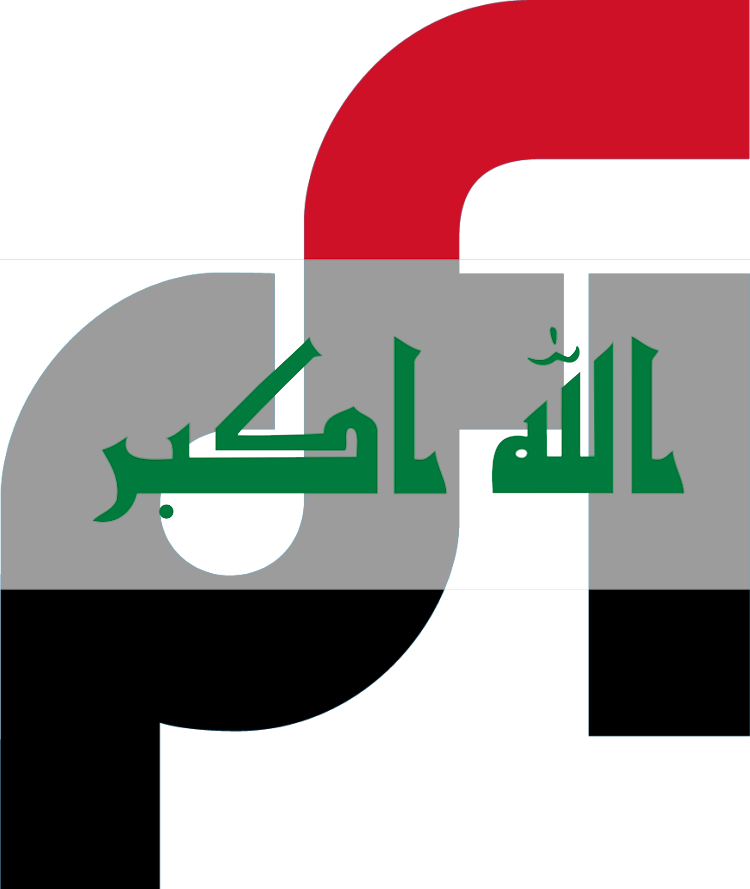Advancements in Polyethylene Pipe Welding Technology in Iraq
### Introduction
The landscape of infrastructure and construction in Iraq is witnessing a revolutionary shift, thanks in part to the advancements in polyethylene pipe welding technology. This durable and versatile material is becoming a cornerstone for various applications, ranging from water supply and gas distribution to industrial processes. The latest innovations in welding technology not only promise increased efficiency and reliability but also pave the way for a more sustainable future. In this article, we delve into the progress and breakthroughs in polyethylene pipe welding in Iraq, exploring how these advancements are reshaping the industry.
Innovations in Polyethylene Welding Machines
The introduction of highly sophisticated polyethylene welding machines marks a significant turning point for the Iraqi construction and utility sectors. These state-of-the-art devices are equipped with precision controls and advanced features that ensure stronger, more consistent welds. Manufacturers are now incorporating smart technologies that allow for real-time monitoring and adjustments during the welding process, greatly reducing the likelihood of errors and material wastage.
Furthermore, the latest models are designed with portability and ease of use in mind, enabling technicians to deploy them in various terrains and environments across Iraq. This adaptability is crucial for the nation’s ongoing infrastructure development, allowing for rapid expansion and maintenance of essential services in urban and remote areas alike.
Training and Certification Programs
Recognizing the importance of skilled labor in maximizing the potential of new welding technologies, Iraqi institutions and international partners are launching comprehensive training and certification programs. These initiatives are tailored to equip local workers with the knowledge and skills required to operate advanced welding equipment effectively. By embracing a standardized curriculum, the programs aim to set a benchmark for quality and safety in polyethylene pipe installation and repair.
The impact of these educational efforts is twofold: they ensure project longevity and integrity while fostering job creation in the technical sector. With an increasing number of certified welders entering the workforce, Iraq is poised to become a regional leader in polyethylene pipeline construction and maintenance.
Environmental Benefits and Sustainability
The shift towards enhanced polyethylene pipe welding technology also underscores Iraq’s commitment to environmental sustainability. Polyethylene pipes are renowned for their durability and resistance to corrosion, translating to fewer leaks and a lower risk of contaminating water supplies. Moreover, the energy-efficient welding processes contribute to a reduction in CO2 emissions, aligning with global efforts to combat climate change.
The recyclability of polyethylene material further amplifies its ecological advantages. As Iraq continues to invest in infrastructural development, the adoption of green technologies and practices in pipeline construction is a testament to the country’s dedication to sustainable growth and conservation of natural resources.
Challenges and Solutions
Despite the promising advancements, the implementation of cutting-edge polyethylene welding technology in Iraq faces its set of challenges. Infrastructure limitations, such as inconsistent power supplies and the lack of specialized maintenance facilities, can hamper the effective utilization of sophisticated welding equipment. Additionally, the initial cost of acquiring advanced machinery and training personnel poses a significant barrier for smaller contractors.
However, collaborative efforts between the government, private sector, and international donors are paving the way for overcoming these obstacles. Subsidized training programs, investment in infrastructure upgrades, and flexible financing models for equipment purchase are among the initiatives underway to ensure widespread access to the latest welding technologies.
Case Studies and Success Stories
The impact of advancements in polyethylene pipe welding technology in Iraq can already be seen in several successful projects across the country. From large-scale water supply networks in urban centers to irrigation systems in agricultural regions, the benefits of enhanced weld quality and operational efficiency are evident. Case studies highlight not only the improved functionality and reliability of the installations but also the positive social and economic effects on local communities.
These success stories serve as a powerful demonstration of Iraq’s potential to leverage modern technologies for infrastructural development. They also provide valuable insights and best practices for future projects, setting a strong foundation for continued progress in this vital sector.
Looking Towards the Future
As Iraq embarks on its journey towards rehabilitation and modernization, the advancements in polyethylene pipe welding technology stand out as a beacon of innovation and sustainability. With ongoing research and development, the sector is poised for even greater breakthroughs, promising more efficient, resilient, and environmentally friendly pipeline systems.
The collaboration between governmental bodies, industry experts, and international partners will be key in harnessing these technologies for the benefit of Iraq and its people. Through continued investment in training, infrastructure, and research, the nation is well on its path to establishing a robust, sustainable framework for its utility networks.
### Conclusion
The advancements in polyethylene pipe welding technology in Iraq represent a significant step forward in the country’s infrastructural development. As these innovations continue to evolve, they offer the promise of enhanced operational efficiency, environmental sustainability, and socio-economic growth. By embracing these technologies and tackling the inherent challenges head-on, Iraq is laying the groundwork for a brighter, more resilient future.
### FAQs
Why is polyethylene pipe preferred for infrastructure projects in Iraq?
Polyethylene pipe offers several advantages, including durability, flexibility, and resistance to corrosion, making it ideal for a wide range of applications in water supply, gas distribution, and industrial processes within Iraq’s varying environmental conditions.
What impact does advanced welding technology have on the environment?
Advanced polyethylene pipe welding technology contributes to environmental sustainability by ensuring high-quality, leak-proof joints that minimize water loss and contamination risks. It also utilizes energy-efficient processes that reduce carbon emissions, aligning with global environmental protection goals.
How is Iraq overcoming the challenges associated with adopting advanced welding technology?
Iraq is addressing the challenges through various initiatives, including investing in infrastructure upgrades, launching subsidized training and certification programs for local workers, and fostering partnerships with international donors and private sector stakeholders to access flexible financing options for equipment procurement.
, ,

